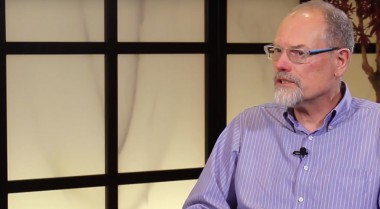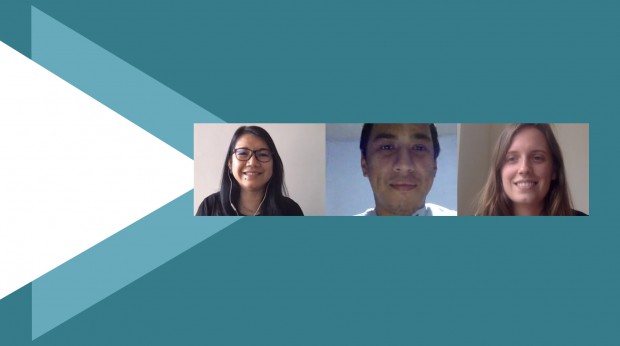
Unity in the Age of the Pandemic
In times of trouble, voicing solidarity provides security and unity. Faced with increased insecurity, the work of peacebuilders is now more important now than ever. As the pandemic spread across the globe, peacebuilders from across our global network have adapted to the new situation in order to continue building peace. With that, they have shown what successful peacebuilding efforts look like in the face of this pandemic. I would like to use this opportunity to highlight three examples that showcase the strength of peacebuilding and unity in times of trouble.
As the pandemic spread across the globe, peacebuilders from across our global network have adapted to the new situation in order to continue building peace.
Local Voices for Peace
Like in many places worldwide, COVID-19 is impacting peacebuilding in Uganda. The virus has directly disrupted peacebuilding interventions and fuelled violent conflicts, such as land conflicts, across the country. Even during the COVID-19 measures, violent land conflicts continue to escalate. Gender-based violence has also spiked in the past months. These are some key findings from our latest report focusing on SDG16 implementation in Uganda. We conclude that the localisation of SDG16 is fundamental to peace in Uganda. Localisation needs increased attention in order to deal with the drivers of conflict and to ensure that we are able to make progress on peace in the country despite the current pandemic.
Last week, this message was also amplified by local peacebuilders during the side event Voices of SDG16+ at the 2020 High-Level Political Forum (HLPF). The event featured local peacebuilders selected through a global video campaign ahead of the HLPF2020. Selected storytellers were able to showcase how local action on SDG16+ is central to COVID-19 response and resilient recovery, and how SDG16+ provides the foundation for building more peaceful, just and inclusive societies. Beyond that, GPPAC organised several other activities to share local voices and expertise on sustainable development.
Preventing Conflict on the Korean Peninsula
Tensions have risen on the Korean peninsula. The DPRK’s destruction of the Inter-Korean Liaison Office in Kaesong on the 16th of June, has hindered the capacities of officials from the Democratic People’s Republic of Korea (DPRK) and the Republic of Korea (ROK) in their regular exchanges, which previously had prevented further escalation of hostilities. In this context, GPPAC calls on all parties to refrain from taking any action, which would worsen the situation, including hostile remarks and military action. GPPAC also calls on the international community to double its efforts to ensure that previous agreements are honored and that the two Koreas are empowered to pursue peace, reconciliation and cooperation on their own terms.
A Strive for Peace in the Philippines
The declaration of unilateral ceasefires by the Philippine government and the National Democratic Front of the Philippines (NDFP), in response to the pandemic and the UNSG’s call, has been short-lived. Alleged violations on both sides led to the continuation of hostilities. GPPAC’s Enabling Collaboration Working Group issued a statement expressing their concerns on the situation and around the heightened state of media repression, increasing number of the rampant killings and warrantless arrests, and a general feeling that the pandemic could be used by those profiting off economies of injustice and violence.
All these examples showcase that this global pandemic has led to increased vulnerabilities of people in conflict affected areas and that there are higher levels of polarisation and social unrest. Beyond that, the pandemic showcases increased risks of violence, political exploitation to shrink political and civic space and leads to mounting tensions in already delicate and highly militarised contexts. We believe that incorporating a peacebuilding aspect towards managing this global crisis is crucial. We stand in solidarity with all the peacebuilders who believe that making a difference is possible, even when faced with the most challenging circumstances

